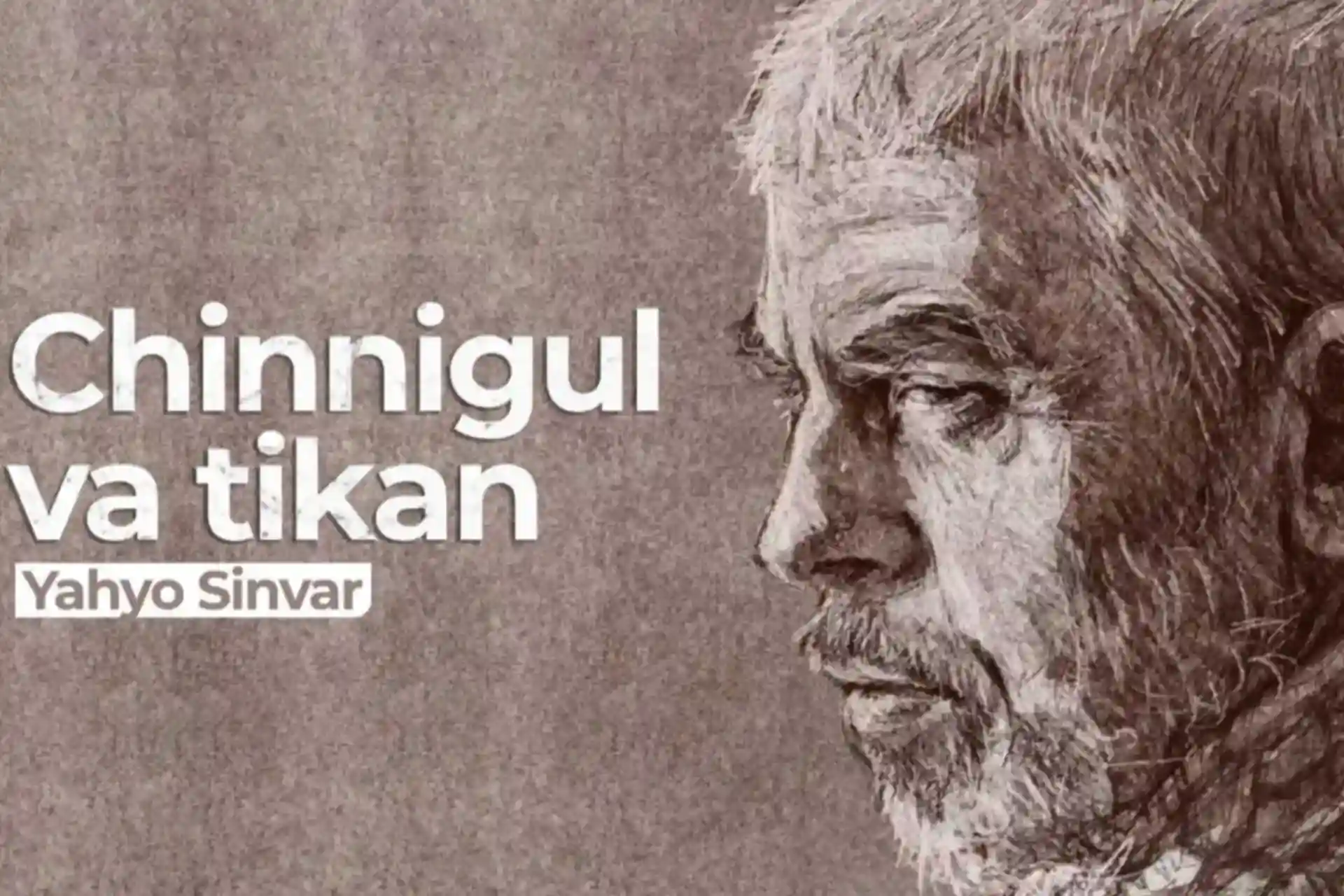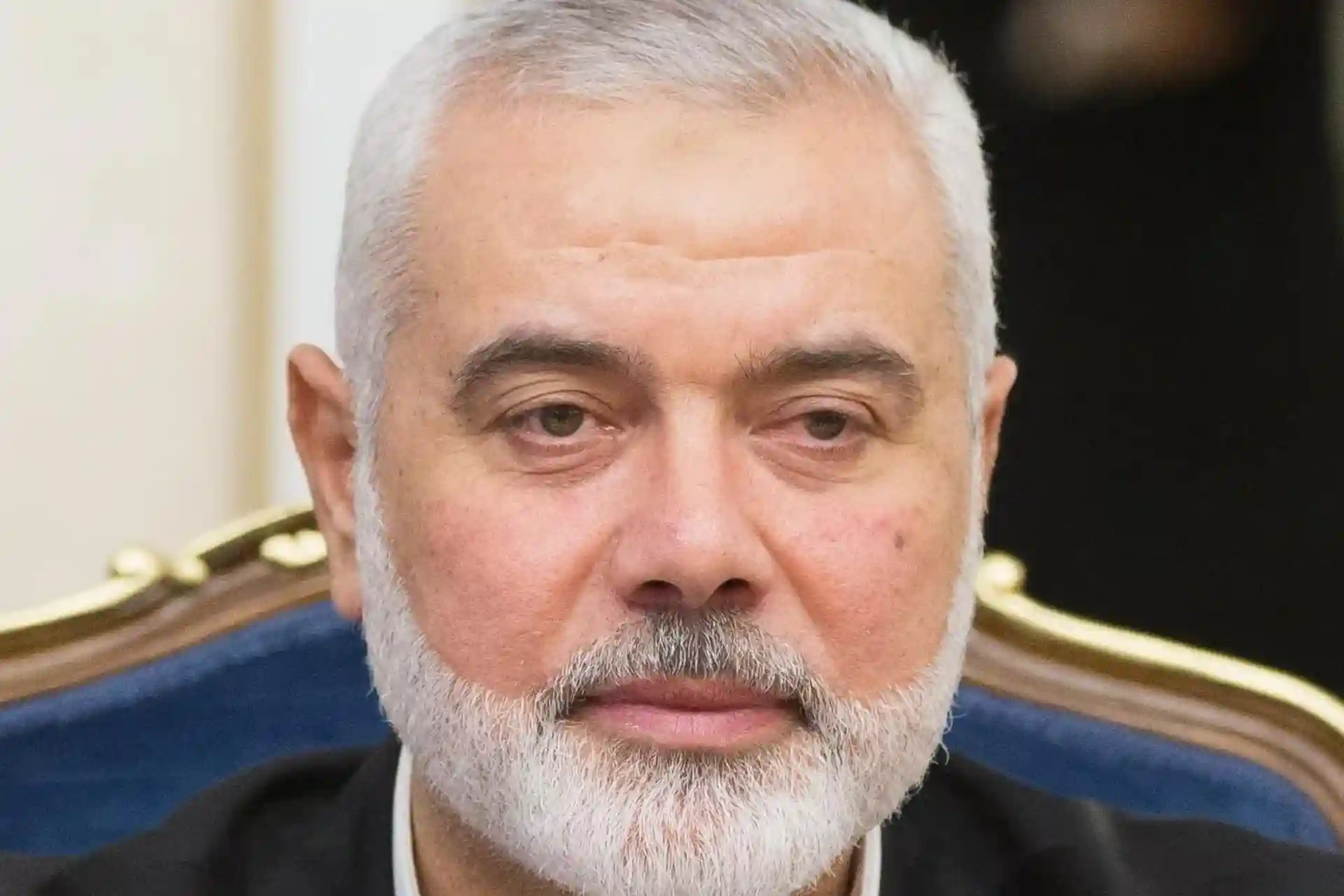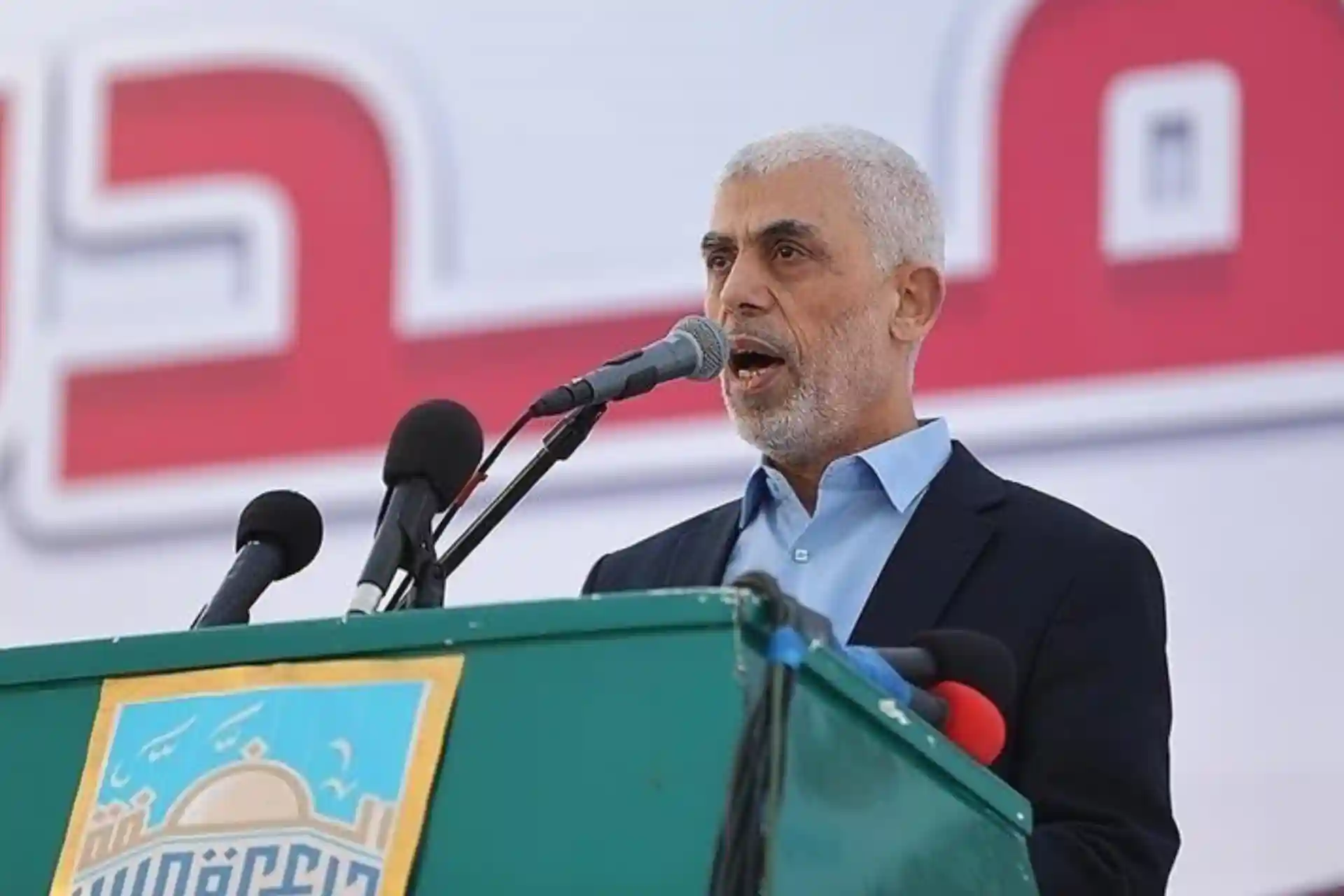22.11.2024 21:30
"Clove and thorn" - Yahya Sinvar (short story, part nine)
The sixth season
My aunt Fathiya lived in the village of Surif near the city of Khalil. It is also from the Palestinian villages, but after 1967 it came under the control of the invaders. Before the invasion, he exiled the population and razed many places. Before 1948, there was a border separating the territories under Jordanian control until Surif was occupied in 1967. After the occupation, the invading military entered this place, just like in other towns and villages. People live in this village in simple and beautiful houses made of stone. The area is full of olive, grape, fig and almond trees. They make a living by rearing livestock and poultry. People's faces are full of gratitude for God's infinite blessings. The men of this village are distinguished by their tolerance and bravery. Their clothes are the national costumes of the Palestinian villages, and you can often see them driving their cattle up the hills, playing with a stick in their hands. And their women are very chaste - they don't wear a headscarf and don't show their appearance to others.
When my aunt went from Gaza to the village of Surif as a bride, she did not notice a big difference. Except for the air of the village, the customs and behavior of the people were the same. The only noticeable difference is that the dialect there is slightly different from ours. That's why my aunt adapted quickly. His master, Abdulfattah Surif, did not have high school classes like other villages, so he graduated from the school in Khalil. Therefore, every student from the village would have to move to Khalil if he wanted to complete his education. Abdulfattah had made friends from different cities and villages due to studying in Khalil. Besides, Khalil knew the city well. In addition, he was aware of many things due to the possibility of keeping abreast of the processes taking place in the city. They had a son and named him Abru Rohim. Since my mother could not come to Khalil, she went to my uncle's house and congratulated her. My aunt also knows our family situation well. She understood that it was not easy for my mother to come and congratulate Khalil.
Abdulfattah wanted to study at the faculty of "Sharia" at one of the universities in Jordan. He postponed this dream because his father fell ill. After a long illness, his father's death forced him to continue his father's work. He decided to bring cloth and sell it, as well as deal with the land belonging to his family. Abdurahman, who was studying at least in the tenth grade, thought about sponsoring his younger brother's education because he could not continue his studies.
Often, Abdulfattah would go up to the roof and point to the western side of the village to my aunt, where the Holy Jihad (a military organization formed a month after the declaration of the partition of Palestine in 1947) was located until the occupation in 1967. The inhabitants of that land helped them in their needs as best they could.
One day, a resident of the village of Surif, named Abdulwahab Al-Qazi, was grazing his sheep in the Sonahiin region when he saw an invading military convoy coming from the direction of Beit Shemesh towards the Gush Etzion region. When he told the Mujahideen what he had seen, they laid a strong ambush in the place called "Zohrul-Hujja" between the two regions and met him. When they arrived, they suddenly attacked and killed everyone. Their number was 35 including officers, soldiers and doctors. After this incident, the hostility of the Jews to the village of Surif increased. During the occupation in 1967, they destroyed many houses with rifles. It was an act of revenge for that incident.
As a result of Abdulfattah doing business in Khalil, his relations with the merchants there were developing. They gathered around the stove in one of the shops with the merchants, had tea, and had a detailed conversation about the issues happening around them. In particular, they discussed the invaders and the militants who opposed them. From these conversations, distrust was expressed in the resistance, and it was reflected that the efforts of the militants were useless and that they could do more harm than good. Focusing more on the economic aspect and striving for growth was recommended. Even the militaries of the Arab world were not fit to stand up to Israel, and it was criticized that how the armed devotees could achieve a positive result. Although Abdulfattah did not dare to refute them, he approached common issues logically and entered into discussions. After an hour or several hours of conversation, the tea party would end. Such conversations often ended with the following sentence, uttered in the Halil dialect, where the letters are more elongated than in other regions:
"Sheep, what do we have to do with him and this?" Leave people to their own devices. Let him give what is good!"
After these meetings, Abdulfattah met a person who believed that something should be done about this issue. His nickname was "Abu Ali". He believed that even if we don't get great results by fighting the invaders, we should at least resist as much as we can.
When Abdulfattah came to Khalil, he would walk the streets with Abu Ali, or when Abu Ali visited Surif, they would talk about the invaders, the need to take action and not to leave the matter alone. They did not think it was right to be occupied only with making a living and building a house. Sharing their thoughts strengthened their friendship. One day, Abu Ali told Abdulfattah that he would not sit idly by, but that he would do something as best he could. Abdulfattah said:
- What can you do? Let's say I found a weapon. Then will you take your child and go to the mountains like the wanted Abu Sharrar and other devotees? - he said. Abu Ali replied:
- No, my plan is bigger than that. I am thinking of organizing the armed forces. First I want to make it just a look, then a flow, then a disciplined military force.
- How do you want to do this?
- I'm going to Jordan. There I will introduce my plan to those in the Fath movement. As you know, after the victory of Karoma, the Fath movement recovered a lot. I believe they will help me.
Abdulfattah approved this idea. They appointed him to be extremely vigilant and agreed to prepare a caravan for him from commercial products so that he would not be seen by anyone.
- You can count me as your partner in every step you take on this path, my friend.
Abd al-Fattah followed Abu Ali in this way.
At that time, Jordan left the fighters to their own devices after the victory of Karoma. The camps there were full of victory celebrations. All the people were still singing together and praying for the sacrifices of the "Freedom of the Motherland". It was not difficult for a person like Abu Ali to immediately become allies with the commanders there. He was able to obtain weapons and material support for the organization of military associations in all regions of the West Bank. After Abu Ali visited some of his relatives in Jordan, in order not to reveal his main purpose, he also engaged in the sale of the products he brought.
When Abu Ali returned to the West Bank, he began to contact his acquaintances in different cities and villages, inviting them to join the Fatah movement. He offered to every person whom he believed to be reliable. For each young man who agreed to join, he was assigned to collect two or three men whom he considered reliable and capable of military conflict. In this way, he established contact with all the people he considered reliable from the north of the West Bank to Khalil and managed to organize an organized military unit in a short time.
There is a translation by Ma'mur Mukhtar and a sequel



